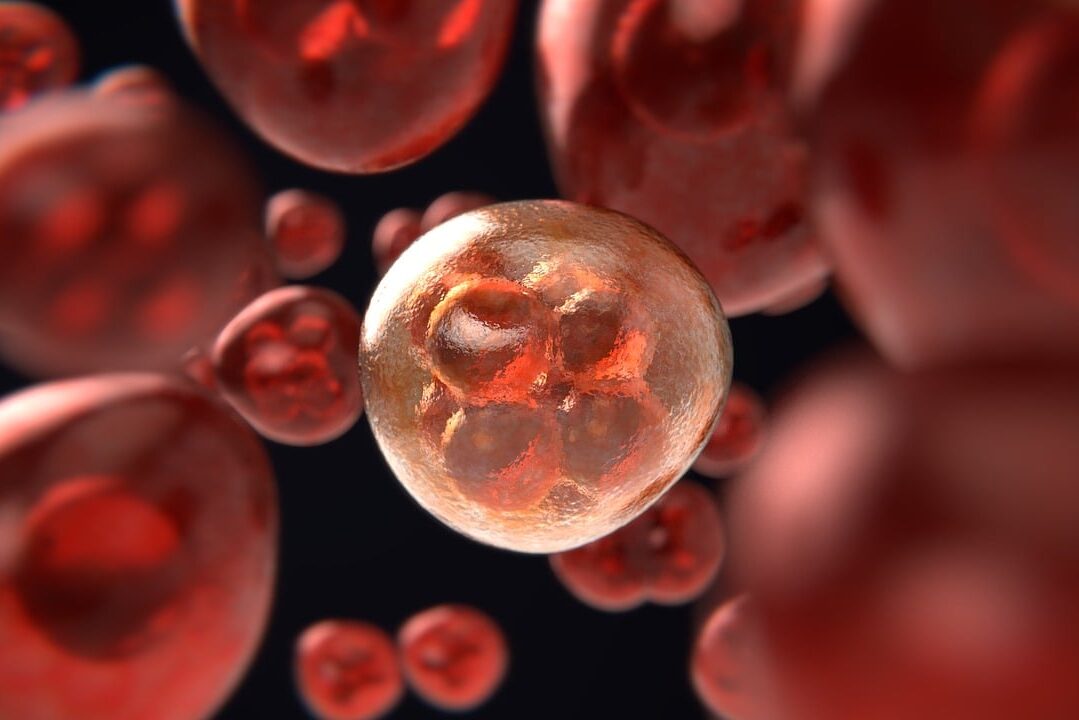A study from the University of Oxford reveals the key to early detection of cancer.
Cancer remains one of the most daunting challenges of modern medicine, and early detection is a crucial factor in improving patient outcomes. The earlier cancer is detected, the more likely treatment is to be successful . Now, a major breakthrough developed by scientists at the University of Oxford (UK) could make it possible to detect cancer seven years earlier than is currently possible. And the best part is that it would be through a simple blood test.
One of the peculiarities of cancer is that it is not a single disease, but a set of diseases , which have in common the uncontrolled growth of cells and the ability to invade other tissues. There are many types of cancer: more than 100, and each of them has its own unique characteristics and behavior. This heterogeneity does not occur ‘only’ within the same type of cancer, but even within the same type there can be significant genetic and cellular variability. All these factors only complicate the development of universal detection tests and markers, making early detection a monumental challenge for medicine.
Checking the proteins
Addressing the challenges of early cancer detection requires a multidisciplinary approach that combines advances in biology, technology and clinical practice. Now, two studies funded by Cancer Research UK have discovered proteins in the blood that could alert to cancer much earlier than current diagnostics allow. The researchers studied blood samples from more than 44,000 people in the UK Biobank, including more than 4,900 people who were subsequently diagnosed with cancer.
They then meticulously analyzed the proteins in those patients who were later diagnosed with cancer and those who remained disease-free. They used a powerful technique called proteomics that allows them to analyze a large set of proteins in tissue samples at a single time, to see how they interact with each other and to find important differences in proteins between different tissue samples. This comparative analysis revealed a surprising discovery: they identified a total of 618 proteins that were closely associated with 19 different types of cancer . These types included some of the most prevalent and deadly forms, such as colon cancer, lung cancer, non-Hodgkin lymphoma, and liver cancer.
Risk of illness
According to experts, a set of proteins could be involved in the early stages of cancer, which would make the disease preventable by being used to detect cancer much earlier than is currently possible.
The study’s findings are particularly significant because they cover a wide range of cancer types. Colon cancer, for example, is the third most common cancer worldwide and is often detected at an advanced stage due to a lack of early symptoms. Lung cancer remains the leading cause of cancer-related deaths, and the reason is because it is often diagnosed quite late. Non-Hodgkin lymphoma and liver cancer, like other examples detected in the two studies, are also known for their complexities and high mortality rates.
Likewise, the research, which has been published in the journal Nature Communications , also found 107 proteins associated with cancers diagnosed more than seven years after the patient’s blood sample was taken and 182 proteins that had a powerful association. with a cancer diagnosis in a three-year period.
“We now have technology that can look at thousands of proteins in thousands of cancer cases, identifying which proteins play a role in the development of specific cancers and which might have effects common to multiple cancer types ,” said Ruth Travis , senior author on both studies.
In the second study, the researchers examined genetic data from more than 300,000 cancer cases to find out which blood proteins were involved in cancer development. They found 40 proteins in the blood that influenced a person’s risk of developing up to nine different types of cancer.
Although researchers point out that much more research is needed, they do agree that some of these proteins could be used to detect cancer in advance and perhaps open new avenues for treatment. It is necessary to determine what role these proteins play in cancer development , which ones are the most reliable to test for, what tests could be developed to detect the proteins, and which medications would be best suited for treatments. It is a small but solid step in the most hopeful direction for all those millions of people who face or will face cancer. Could we prevent cancer with drugs that target specific proteins? Something that was previously considered impossible now seems plausible.
Link: https://www.muyinteresante.com/actualidad/64882.html
Author: Sarah Romero
Date:
26.05.2024 | 20:00
Updated:
26.05.2024 | 20:00
References:
Papier, K., Atkins, JR, Tong, TYN et al. Identifying proteomic risk factors for cancer using prospective and exome analyzes of 1463 circulating proteins and risk of 19 cancers in the UK Biobank. Nat Commun 15, 4010 (2024). https://doi.org/10.1038/s41467-024-48017-6
Image by Colin Behrens on Pixabay
Note: Nutrigenomics Institute is not responsible for the opinions expressed in this article.






